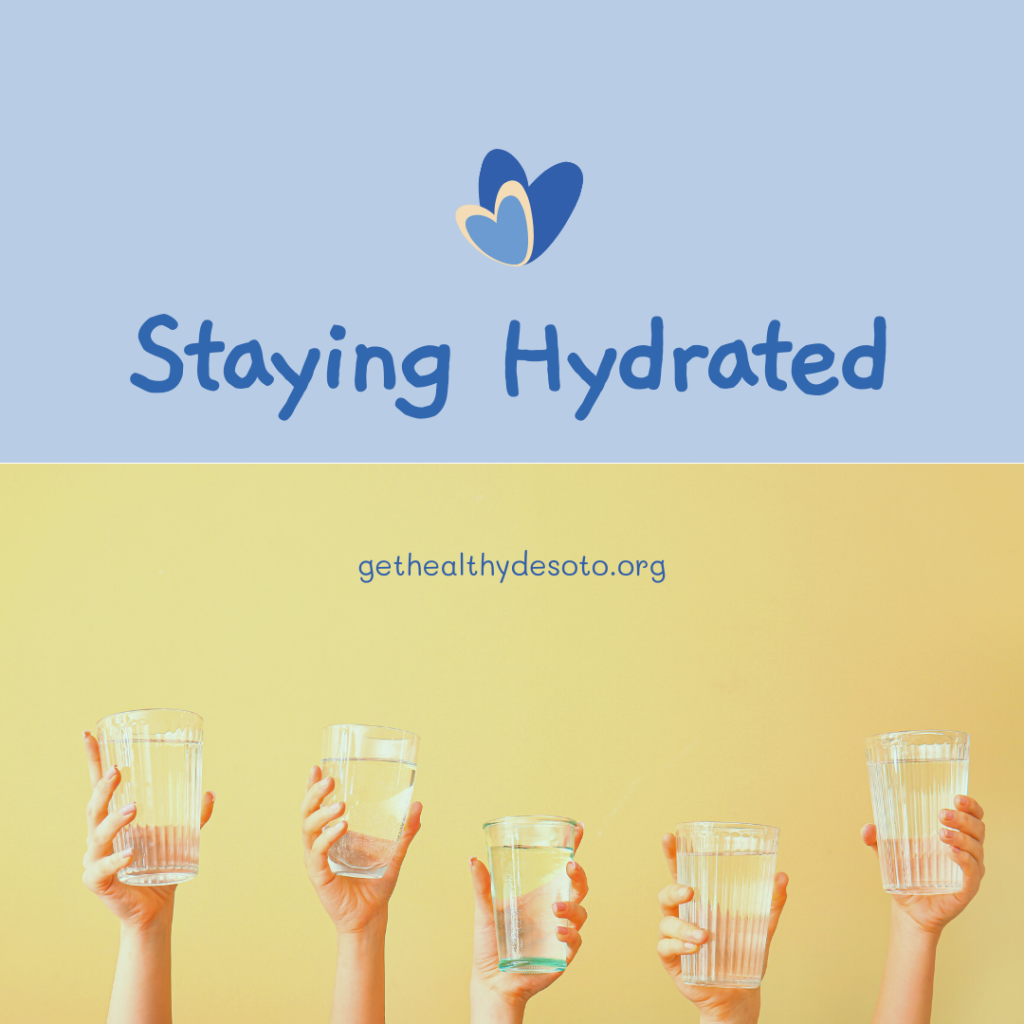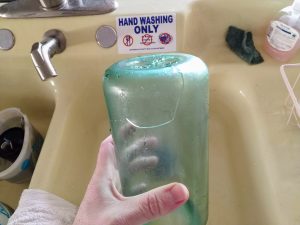
In our quest for improved physical wellness, hydration needs to be part of the conversation.
How much water do you consume in a day? Do you think it is too little or too much? Staying hydrated is important for your body because it allows your kidneys to more easily perform their function of keeping a balance of water and nutrients in your blood. That’s what kidneys do, but a proper intake of water makes it easier.
So…what’s a proper amount of water to drink each day? That depends. It depends on your level of physical activity, weight, and food intake. It also depends on things you can’t control; like humidity. Your kidneys perform this other cool function too. They let the brain know when there are slight decreases in the amount of water in the blood (or increases in sodium in the blood), and the brain makes you realize that you’re thirsty. You drink water, the water level in your blood returns to normal, and you’re no longer thirsty! It’s pretty amazing how our organs work to regulate our bodies.
About that 8 cup recommendation
The idea that you need 8 glasses of water a day is just a rough guide. You might need more on some days and less on others. It really depends. Age is a factor too, and as we age, our kidney’s ability to signal our brain to signal our thirst can be degraded. This makes it easier for the elderly to become dehydrated.
It doesn’t just apply to the elderly though. I had a friend in college who had kidney stones because she was constantly dehydrated. Those little signals from her kidneys to her brain didn’t function properly, so she never felt thirsty. It was a real problem while going through PT in the Army in the south during the summer!
Since there isn’t a magic amount of water to drink, what should you do?
The best thing to do is pay attention to when you’re thirsty. And if your environment, diet, or lifestyle changes, pay attention to your pee. It is easy to become dehydrated when traveling or getting out of your normal routine. Add a glass of water or cup of tea if your urine becomes darker than a Budweiser, and talk to your doctor if it doesn’t improve. (No, don’t get confused and drink the beer in an effort to rehydrate, although serious dehydration can cause confusion.) You should also limit your intake of caffeine, which can act as a diuretic and make you lose fluids at a faster rate.
Water makes up a good portion of your body, and being properly hydrated makes everything function at optimal levels. Your brain works better. Your kidneys work better. Everything works better. It is because cells with the right amount of fluid create pressure in the cell. This makes the cell membrane (outside of the cell), which is selectively porous, stretch out to just the right thickness to work properly. If the cell lacks sufficient water, it becomes a bit like the jacket on an old potato. It is wrinkled and slightly folded upon itself. That makes things passing through the membrane unable to do so. And overhydration of a cell isn’t good either. Then, the membrane gets stretched too much, and it can’t hold onto the items that it needs within the cell to function properly. They just leach out.
It is all about balance. Proper hydration depends on you listening to your body’s cues and knowing where to stash your Nalgene bottle to rehydrate. With some exceptions (breastfeeding mothers and the elderly, for example), you probably don’t need to monitor your fluid intake. If you’ve been doing fine for 30 years, increasing your water intake might make your skin more supple…or it might just make you have to pee more!
Check out the Ted Talk video below about hydration.

